13 Disney Movies That Are Offensive by Today’s Standards
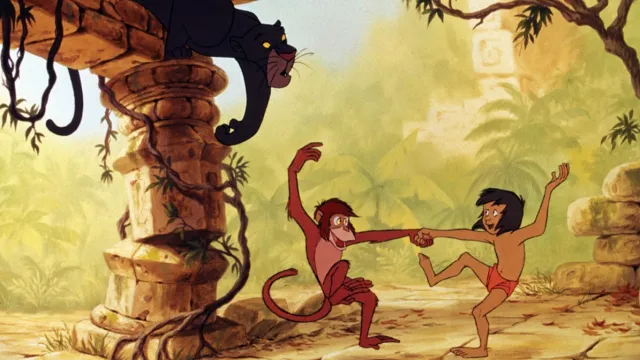
While they are timeless in some ways, in others, Disney movies are—often regrettably—products of their time. As society progresses and the internet and social media have allowed more marginalized voices to be heard, certain songs, storylines, and characters in Disney movies have come under fire for being problematic or even downright racist. With the launch of its streaming service Disney+ a few years ago, the company attempted to both reckon with this history and prepare viewers by putting content warnings on some of its more culturally dated films. But they don’t account for all the complaints that modern audiences have. Read on for 13 Disney movies that may have been more acceptable when they were released but are widely considered offensive by today’s standards.
RELATED: 6 Disney Movies That You Can’t Watch Anywhere Now.
1
Peter Pan (1953)
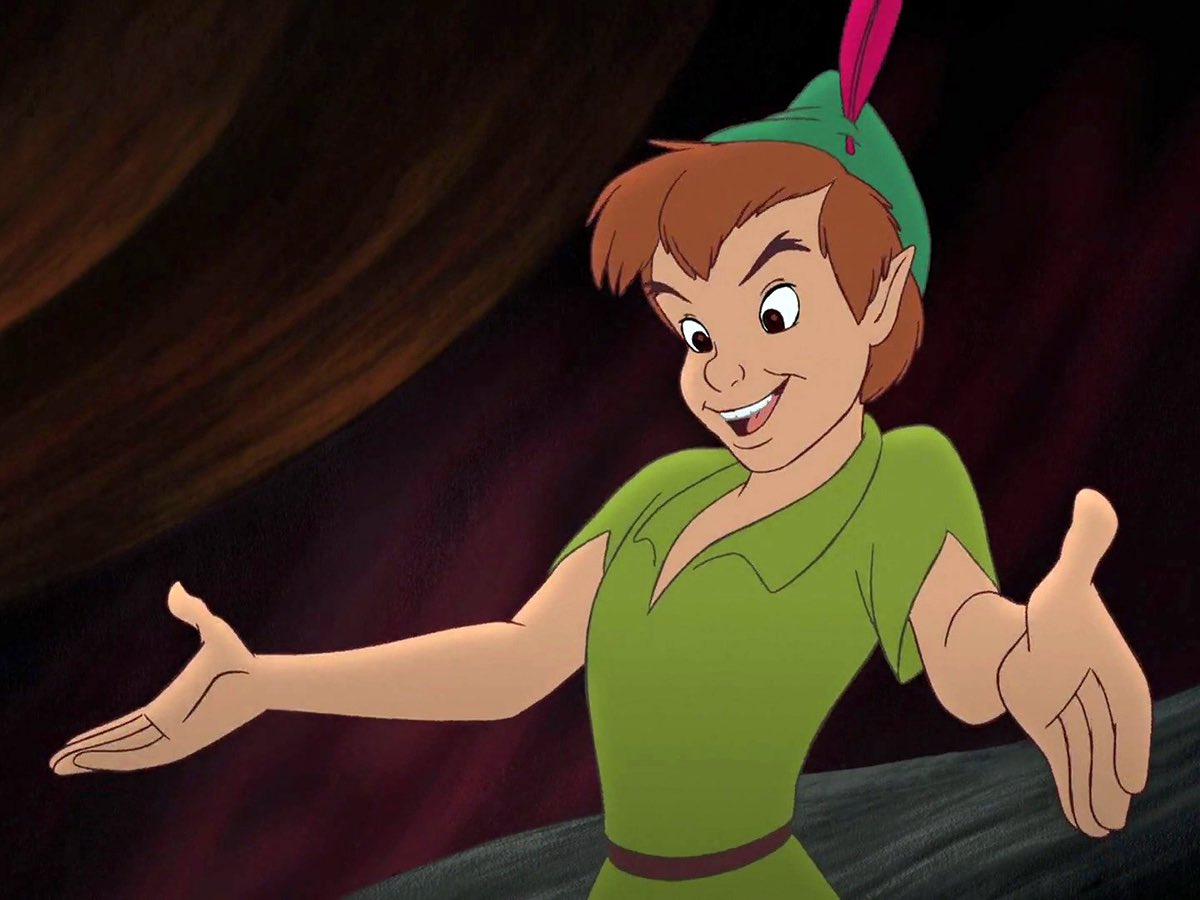
Disney isn’t denying the racism in Peter Pan. In fact, when Disney+ launched, Peter Pan was one of a handful of films that included a sensitivity warning: “This program is presented as originally created. It may contain outdated cultural depictions.” The offensive portrayal of a Native American tribe is not unique to the Disney film either—it comes from the original play and novel by J.M. Barrie. But as Smithsonian Magazine notes, “The 1953 Disney movie doubled-down on racial stereotypes; one of the film’s songs is ‘What Made the Red Man Red.'”
2
Snow White and the Seven Dwarfs (1937)
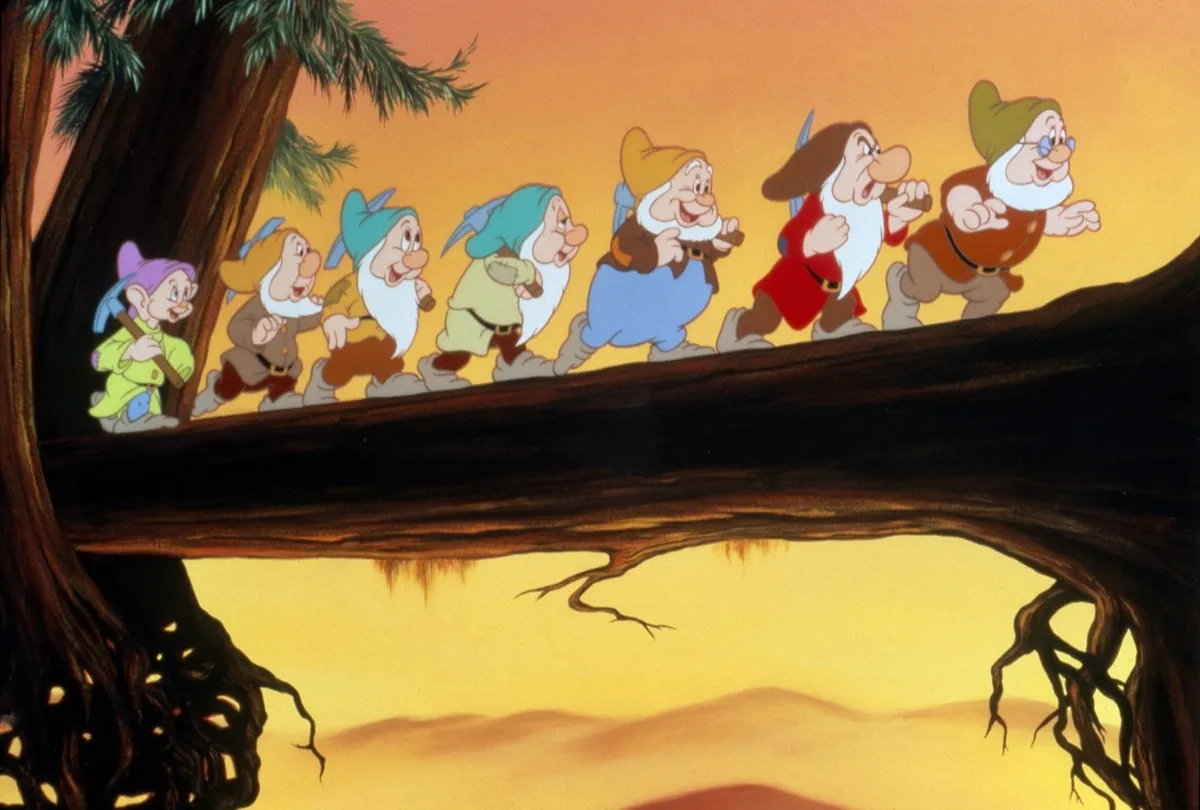
A live-action version of the first Disney feature film ever, Snow White and the Seven Dwarfs, stars Rachel Zegler and is due to be released in 2024, but not everyone is happy about it. In a 2022 interview with Marc Maron, actor Peter Dinklage, best known for playing Tyrion Lannister on Game of Thrones, slammed Disney for remaking a film that many believe is offensive to little people.
“They were very proud to cast a Latino actress as Snow White, but you’re still telling the story of Snow White and the Seven Dwarfs,” he said, as reported by IndieWire. “Take a step back and look at what you’re doing there. It makes no sense to me. You’re progressive in one way, but you’re still making that [expletive] backward story about seven dwarfs living in a cave together. Have I done nothing to advance the cause from my soapbox? I guess I’m not loud enough.”
The original has been additionally criticized for the “true love’s kiss” with which the Prince wakes Snow White, since she is obviously unable to consent to it.
RELATED: 7 Hit ’70s Songs That Are Offensive by Today’s Standards.
3
Dumbo (1941)
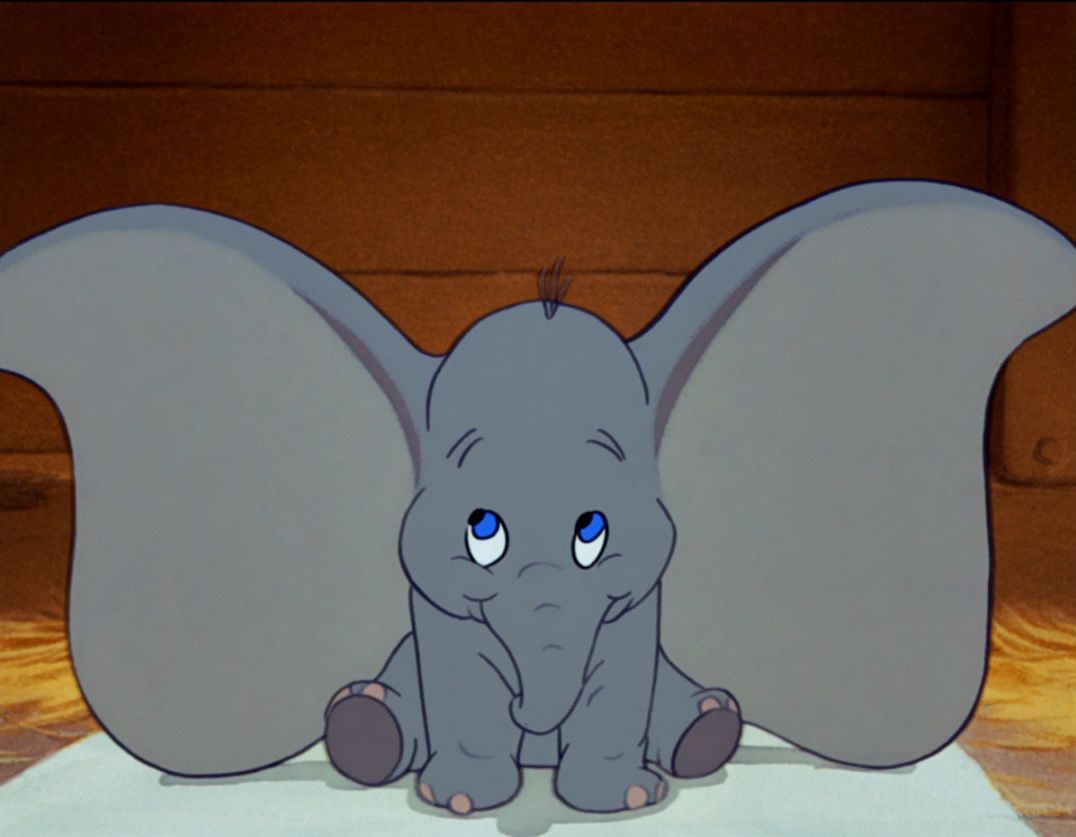
Like Peter Pan, Dumbo is one of the classic Disney films to get a content warning on Disney+. The movie’s most controversial moment arrives when the titular elephant meets a group of crows. “The black birds are depicted using African American stereotypes of the time, with jive-like speech patterns and jazzy-gospely songs sung in harmony,” as the Washington Post notes. “The main bird, named Jim Crow, was voiced by white actor Cliff Edwards, who engages in the vocal equivalent of blackface.”
4
Aladdin (1992)
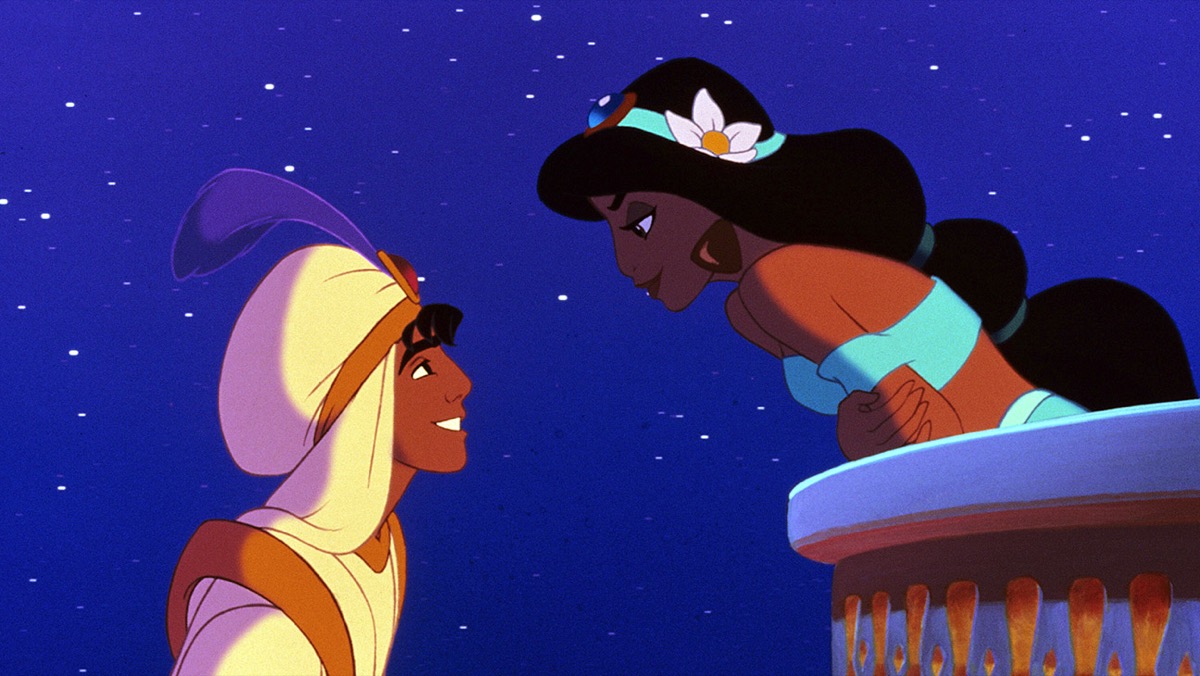
There’s no sensitivity warning attached to Aladdin on Disney+, but that doesn’t mean the film hasn’t been criticized for racism in the past. Shortly after its release in 1992, Aladdin was called out for negative and damaging depictions of Arab culture. Disney actually changed two lines in the film for its home video release following pressure from the American-Arab Anti-Discrimination Committee.
5
Song of the South (1946)
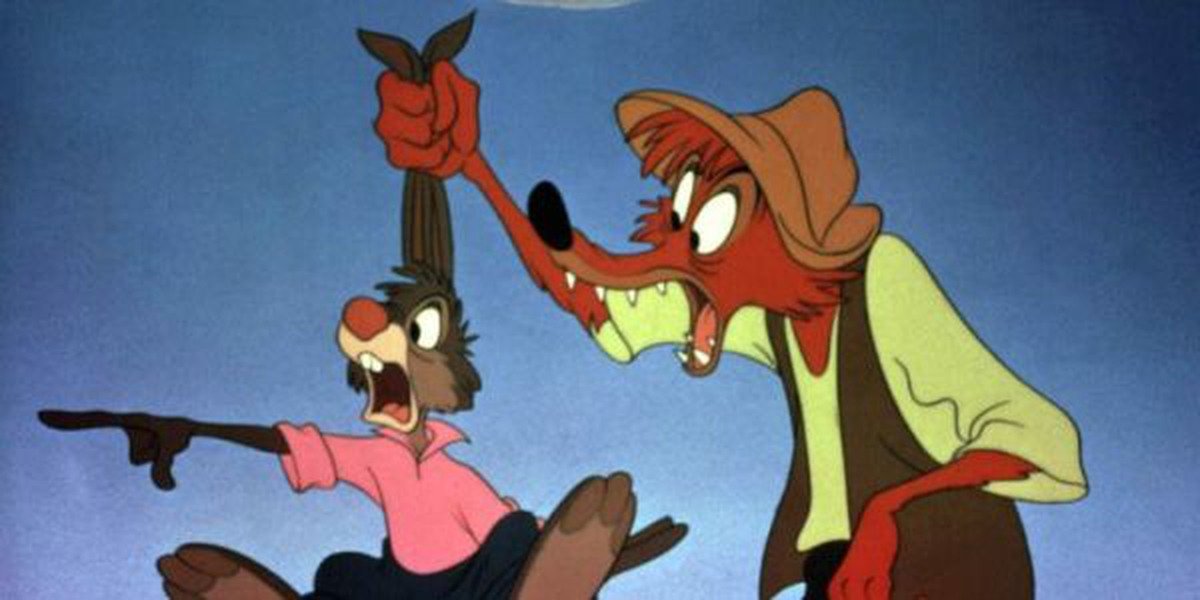
One film you won’t find on Disney’s streaming service—or anywhere else, for that matter—is Song of the South, easily the most notorious movie the studio ever made. The film’s racism has been well documented, which is why Disney mostly tries to pretend the movie doesn’t exist, aside from the enduring popularity of its most famous song, “Zip-a-Dee-Doo-Dah.”
In light of the 2020 Black Lives Matter protests and the ensuing cultural reckoning over racism, however, Disney fans suggested a complete revamp of the ride Splash Mountain, which used to feature characters from Song of the South. powers-that-be agreed, and the ride subsequently closed to get a facelift. Tiana’s Bayou Adventure, themed around Disney’s 2009 film, The Princess and the Frog will reportedly be ready for riders next year.
For more movie trivia sent right to your inbox, sign up for our daily newsletter.
6
Beauty and the Beast (1991)
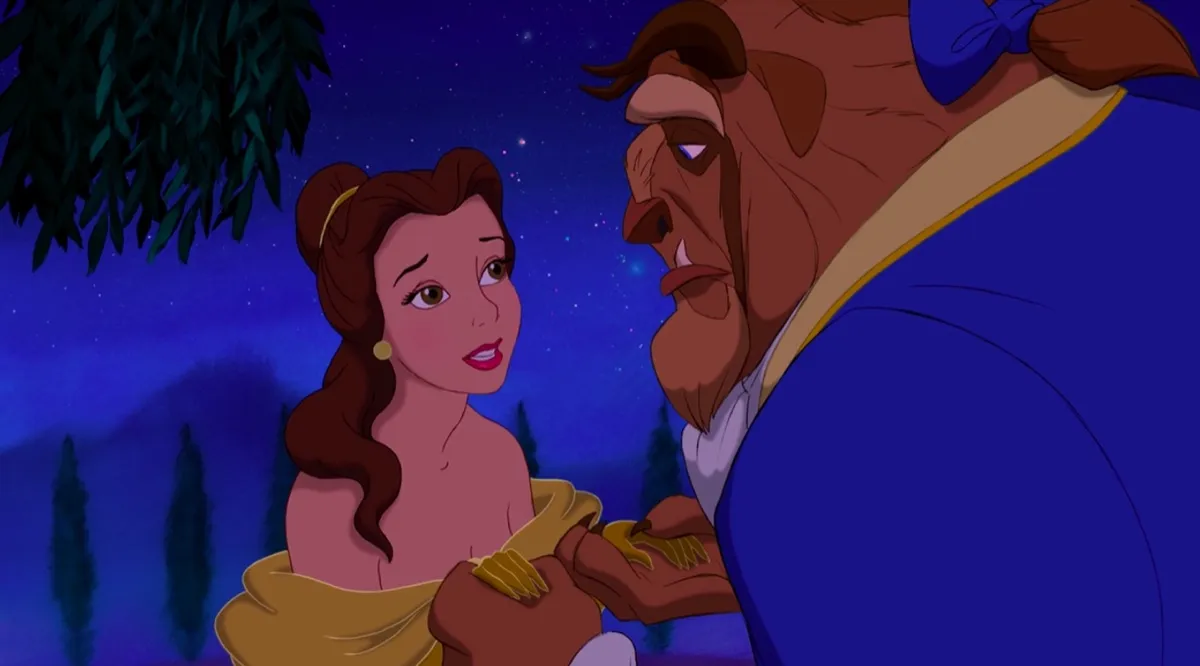
While not everyone agrees that the love story between Belle and the cursed prince is problematic, some have claimed that Beauty and the Beast actually glorifies Stockholm syndrome. After all, Belle only falls for the Beast after he locks her up in his enchanted castle and separates her from her beloved father.
In a piece for Vox, Constance Grady explained that the version of the fairytale Disney adapted for one of its most celebrated animated movies was written by 18th century Frenchwoman Jeanne-Marie LePrince de Beaumont for young girls, and that “its lesson is that arranged marriages aren’t as scary as you might think”—a lesson that was much more relevant to her audience than it is to most viewers today.
Still, it’s no wonder that audiences in 2023 find it uncomfortable that the Beast essentially kidnaps Belle and that she, because she’s kind-hearted, learns to love him. “The power dynamics that Beaumont’s Beauty and the Beast works to render harmless and even attractive look, to today’s readers, like the setup for a situation rife with unhappiness, even abuse,” Grady wrote.
7
The Jungle Book (1967)
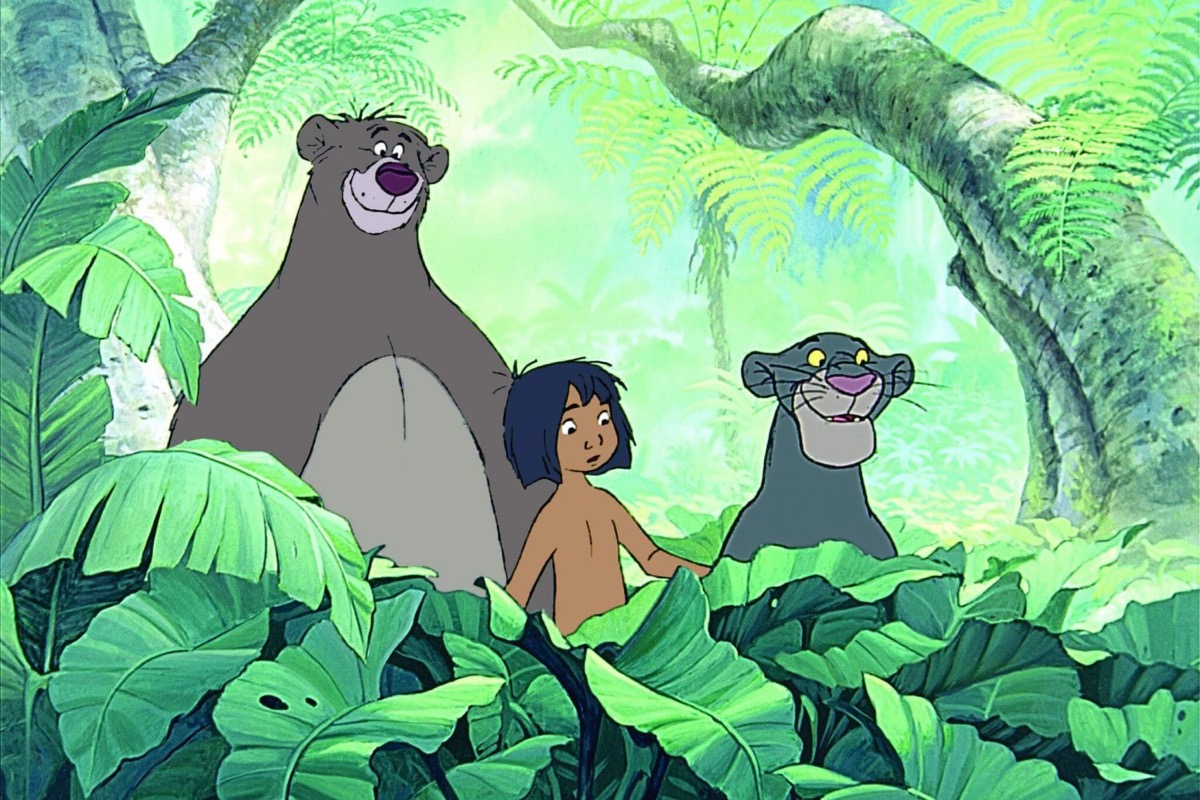
Another film with a content warning on Disney+ is The Jungle Book, a movie whose racist history dates back to the novel on which it’s based by Rudyard Kipling. The main problem here is the racially coded portrayal of King Louie, which is markedly different from that of any of the other anthropomorphic animals on display. As The Atlantic notes, “The Walt Disney studio of the mid-1960s seemed to have been oblivious to the idea that anyone would take offense at the character of King Louie, a jive-talking orangutan who sang to Mowgli about ‘want[ing] to be like you.'”
8
The Aristocats (1970)
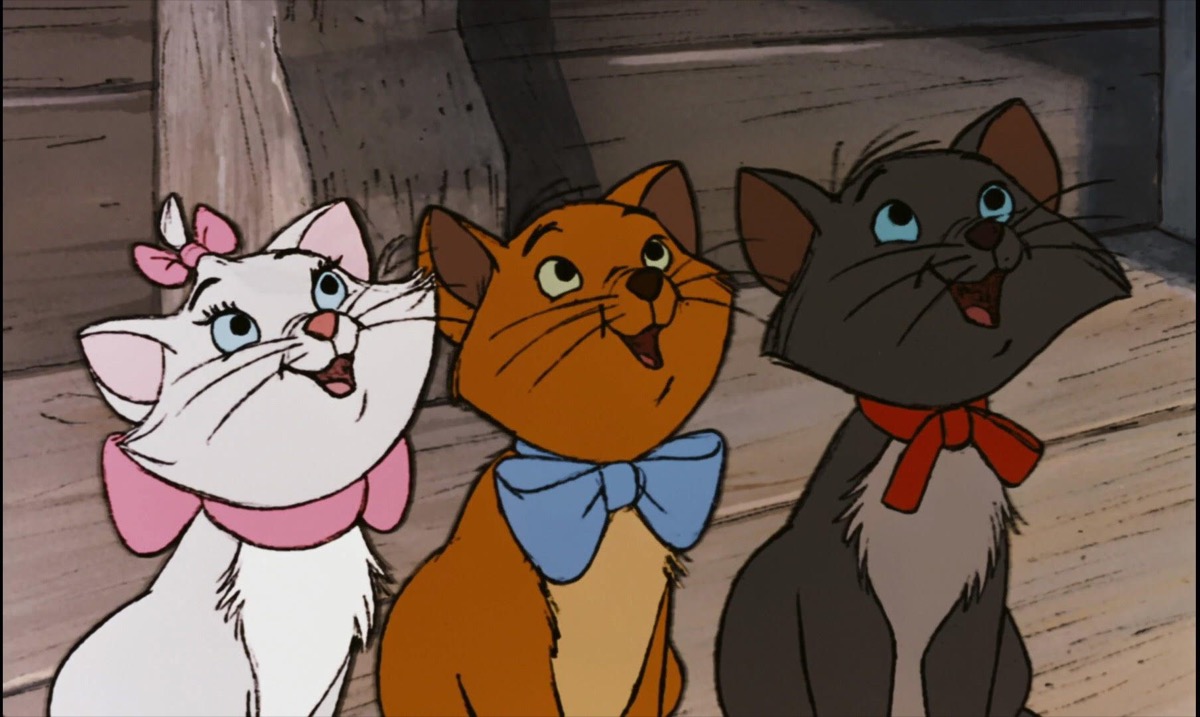
The Aristocats earns a sensitivity warning from Disney+ for its inclusion of a Siamese cat that speaks in an offensive stereotypical East Asian accent. The cat, who is drawn as a racist caricature, sings about Chinese food.
RELATED: 7 Disney Attractions You’ll Never Ride Again.
9
Lady and the Tramp (1955)
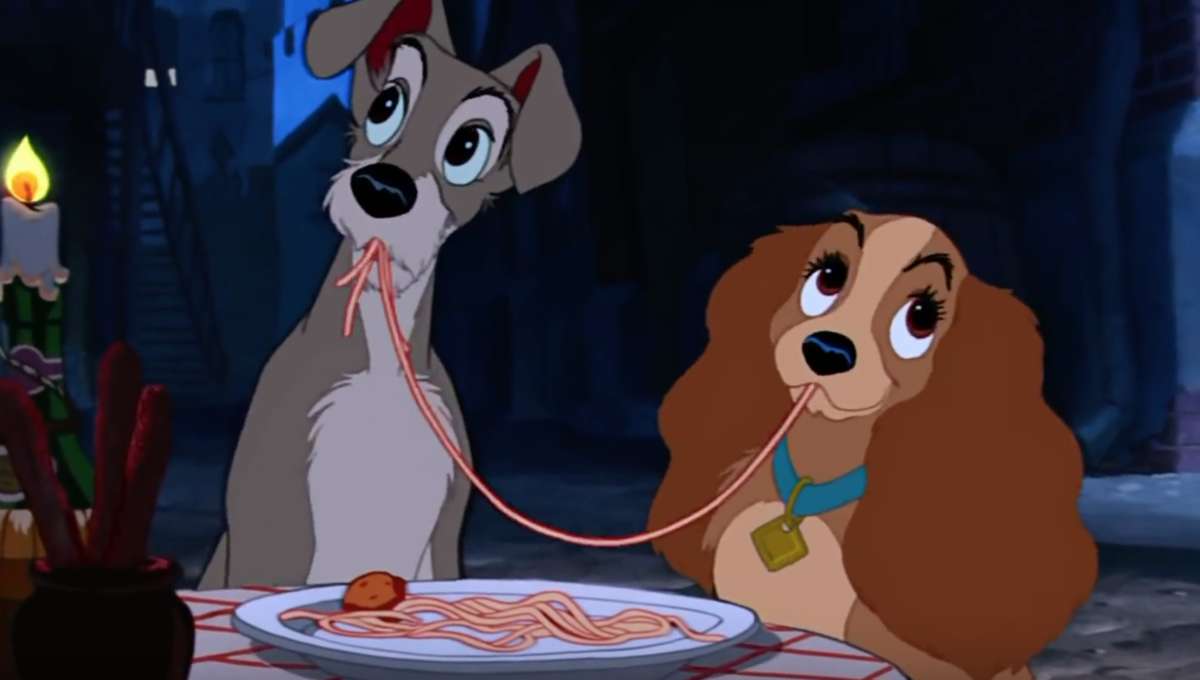
Much like The Aristocats, Lady and the Tramp features Siamese cats with similarly racist imagery and stereotypical accents. But in this case, the cats get an entire song: “The Siamese Cat Song.” While the number is included in the film as it appears on Disney+, along with the sensitivity warning, the streaming platform’s live-action adaptation of Lady and the Tramp cut the racist song entirely.
10
Alice in Wonderland (1951)
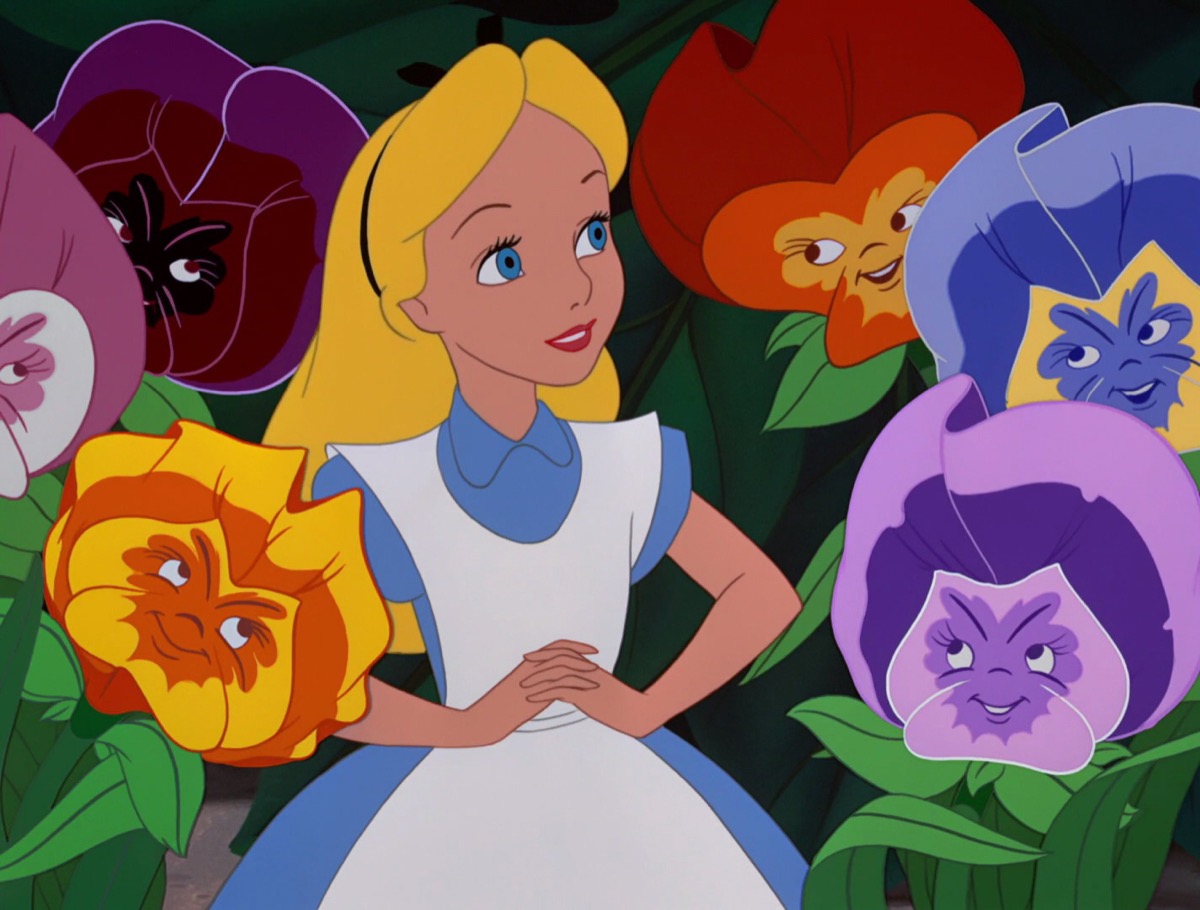
Since Lewis Carroll’s novel was published in 1865, people have been interpreting Alice’s journey into Wonderland as an allegory for drugs. And the 1951 animated Disney adaptation of Alice in Wonderland certainly leans into the psychedelic imagery associated with substances, whether intentionally or not. Alice takes pills, drinks beverages, and takes a nibble of a mushroom, all of which distort her perspective or change the world around her. There’s also the hookah-smoking caterpillar, to whom Alice confesses that she “is not [her]self.” While not necessarily offensive, some parents may deem this one a little too scary or suggestive for their younger kids.
11
Pocahontas (1995)
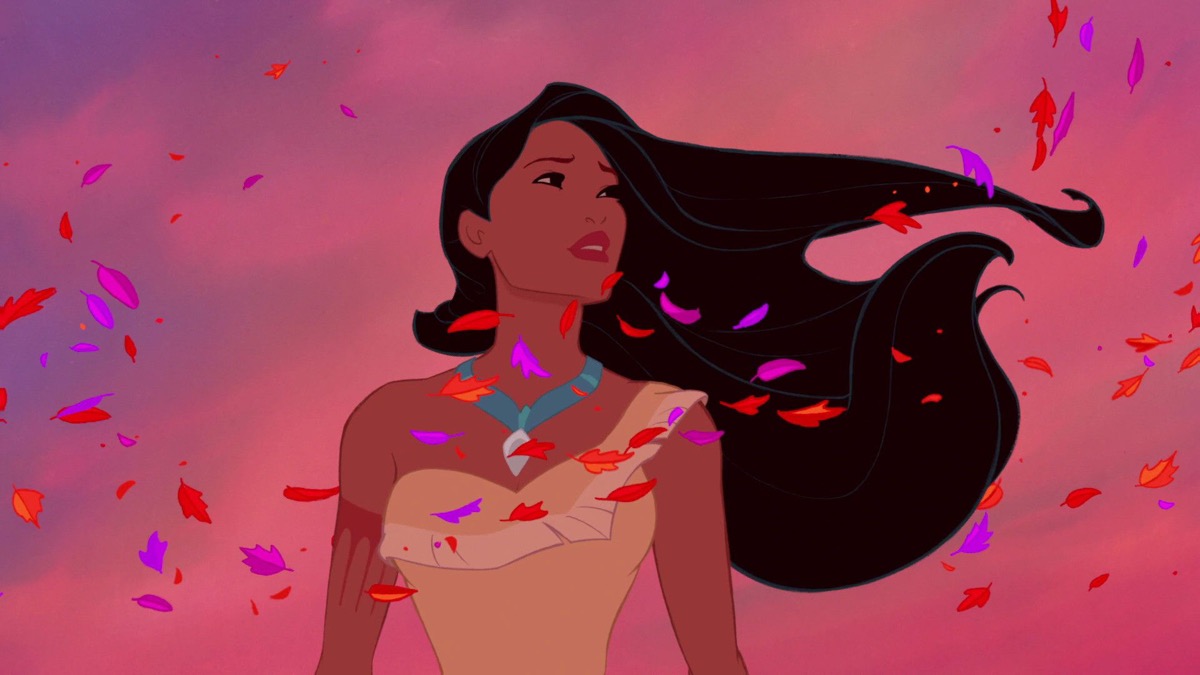
Not everyone believes Pocahontas is racist, and the depiction of Native American culture is certainly more respectful than anything in Peter Pan. But the film sanitizes and romanticizes the far more complicated real-life story of Pocahontas and John Smith. And while the song “Savages” is clearly designed to subvert negative stereotypes of Native Americans, it is filled with violent and offensive language and imagery that undermine its progressive intentions.
12
Fantasia (1940)
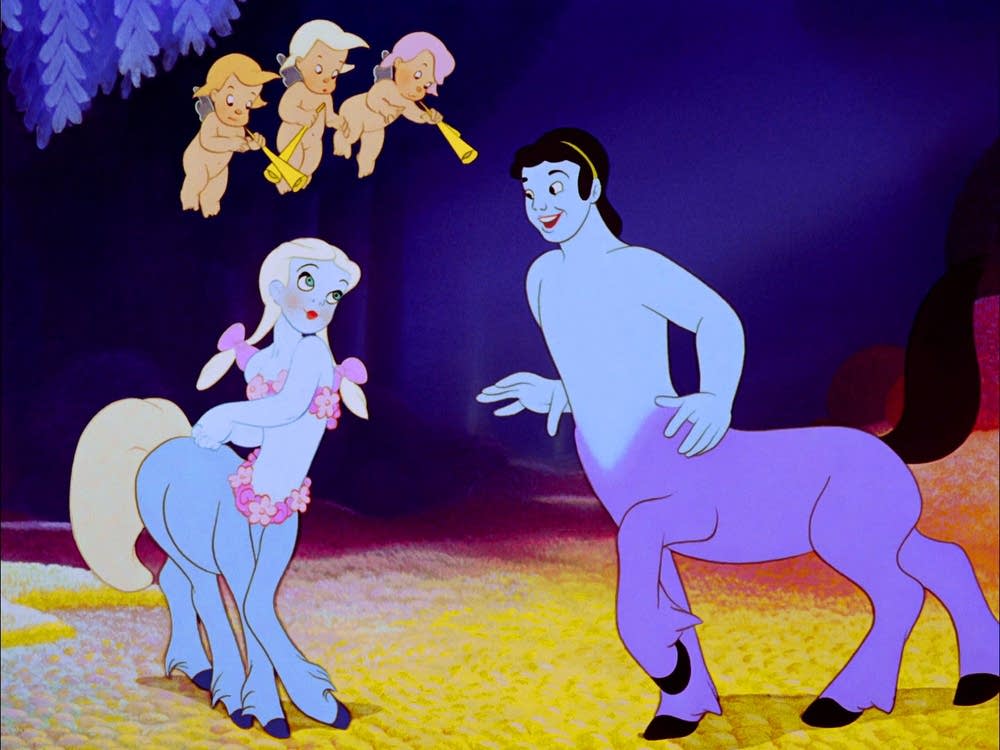
At one point, Fantasia offered one of the most clear-cut and regrettable instances of racist imagery in a Disney film: Sunflower, a dark-skinned centaurette who takes care of the other light-skinned centaurs. However, despite a content warning on Disney+, the character in question (along with other similarly racist images) was edited out of Fantasia decades ago.
RELATED: 35 Disney Facts That Will Bring Out Your Inner Kid.
13
The Little Mermaid (1989)
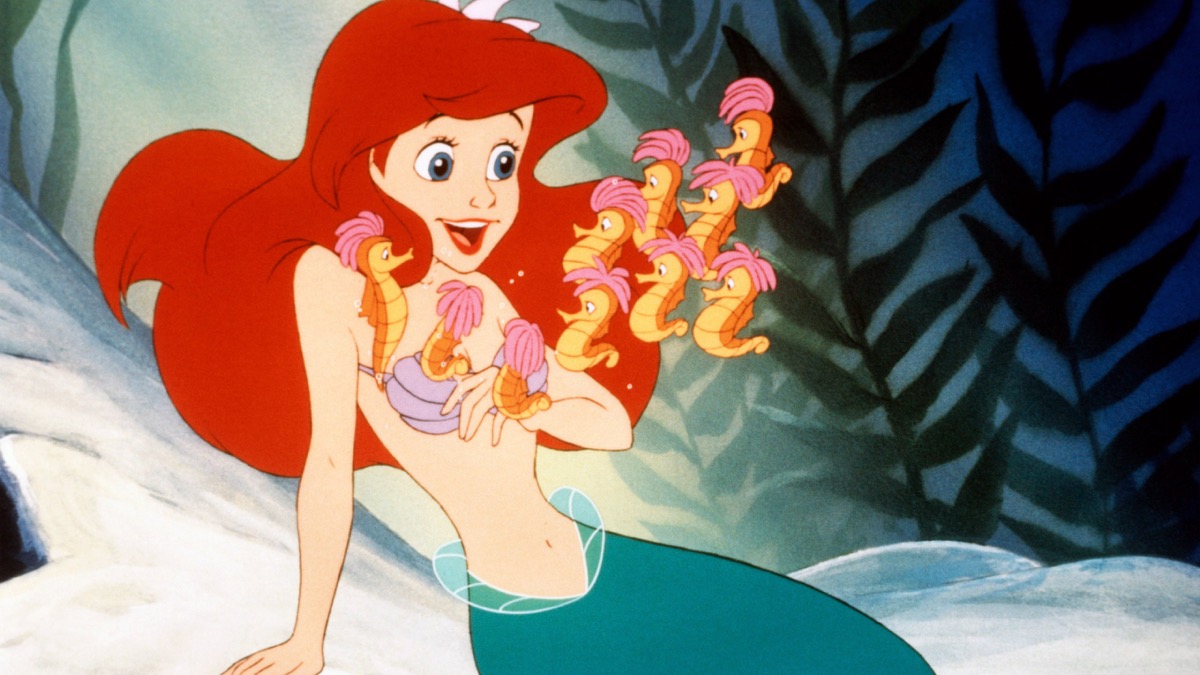
You won’t find a warning attached to The Little Mermaid on Disney+, but the film has courted controversy in the past. While some have taken offense to Sebastian’s stereotypical Jamaican accent, a bigger point of contention is a shot of the Duke of Soul, a blackfish who is depicted in a way that resembles historical racist imagery, in “Under the Sea.”